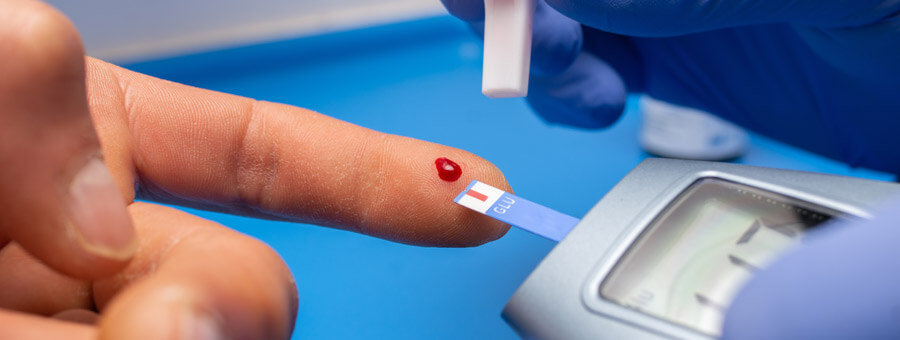
Paleo & Obesity Tests:
There are no specific "Paleo" or "obesity" tests per se, but there are various tests and assessments that can be relevant for individuals following a Paleo diet or dealing with obesity:
Obesity Tests and Assessments:
Body Mass Index (BMI): Calculates your body fat based on your height and weight. A BMI of 30 or higher is considered obese.
Waist Circumference: Measures the circumference of your waist, which can indicate the distribution of body fat. In general, a waist circumference of more than 35 inches (88 cm) for women and 40 inches (102 cm) for men is considered high and is associated with an increased risk of obesity-related conditions.
Body Fat Percentage: Determines the percentage of your body weight that is fat. This can be measured using various methods, including skinfold calipers, bioelectrical impedance analysis (BIA), or dual-energy X-ray absorptiometry (DEXA).
Blood Tests: These may include lipid profile (cholesterol levels), fasting glucose levels, and other markers of metabolic health. Obesity is often associated with abnormalities in these markers.
Metabolic Rate Tests: Assess your basal metabolic rate (BMR), which is the number of calories your body needs at rest. Understanding your metabolic rate can help tailor dietary and exercise recommendations for weight management.
Physical Fitness Assessments: These can include tests of strength, flexibility, and aerobic fitness, which can be important for overall health and weight management.
Paleo Diet and Health Tests:
Nutritional Assessment: Evaluates your intake of key nutrients such as protein, fiber, vitamins, and minerals to ensure that your diet is balanced and meets your nutritional needs.
Food Sensitivity Testing: Identifies any food sensitivities or intolerances that may affect your ability to follow a Paleo diet successfully.
Inflammatory Marker Testing: Measures levels of inflammatory markers such as C-reactive protein (CRP) or interleukin-6 (IL-6), which can be affected by diet and lifestyle factors, including the Paleo diet.
Micronutrient Testing: Checks for deficiencies in key micronutrients such as vitamin D, magnesium, and omega-3 fatty acids, which are important for overall health and may be relevant to a Paleo diet.
Gut Health Testing: Assess the health of your gut microbiome, which plays a role in digestion, metabolism, and overall health. The Paleo diet's emphasis on whole foods and fiber may impact gut health positively.
At AMMA DIAGNOSTIC CENTRE, we offer a range of tests and assessments that can help you understand your health status, whether you're following a Paleo diet, managing obesity, or pursuing overall wellness.
- Lorem Ipsum has been the industry.
- Dummy text ever since unknown.
- Printer took a galley of type it to.
- Make a type specime book has survi.
- Not five centuries, but also the leap.
- Electronic setting remain essential.
- Release sheets containing passages.
- Lorem Ipsum has been the industry.
- Dummy text ever since unknown.
- Printer took a galley of type it to.
- Make a type specime book has survi.
- Not five centuries, but also the leap.
- Electronic setting remain essential.
- Release sheets containing passages.

What do the results mean?
Lorem Ipsum has been the industry's standard dummy text ever since the when an unknown printer on took a galley of type scrambled it to make a type specimen book it has survived and not five centuries be also the leap into electronic typesetting remaining essentially and unchanged. It was popularised in with the release sheets containing passages and more recently with desktop.
Lorem Ipsum has been the industry's standard dummy text ever since the when an unknown took galley of type scrambled it to make a type specimen book it has survived and not five centuries be also the leap into electronic typesetting remaining essential.
